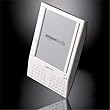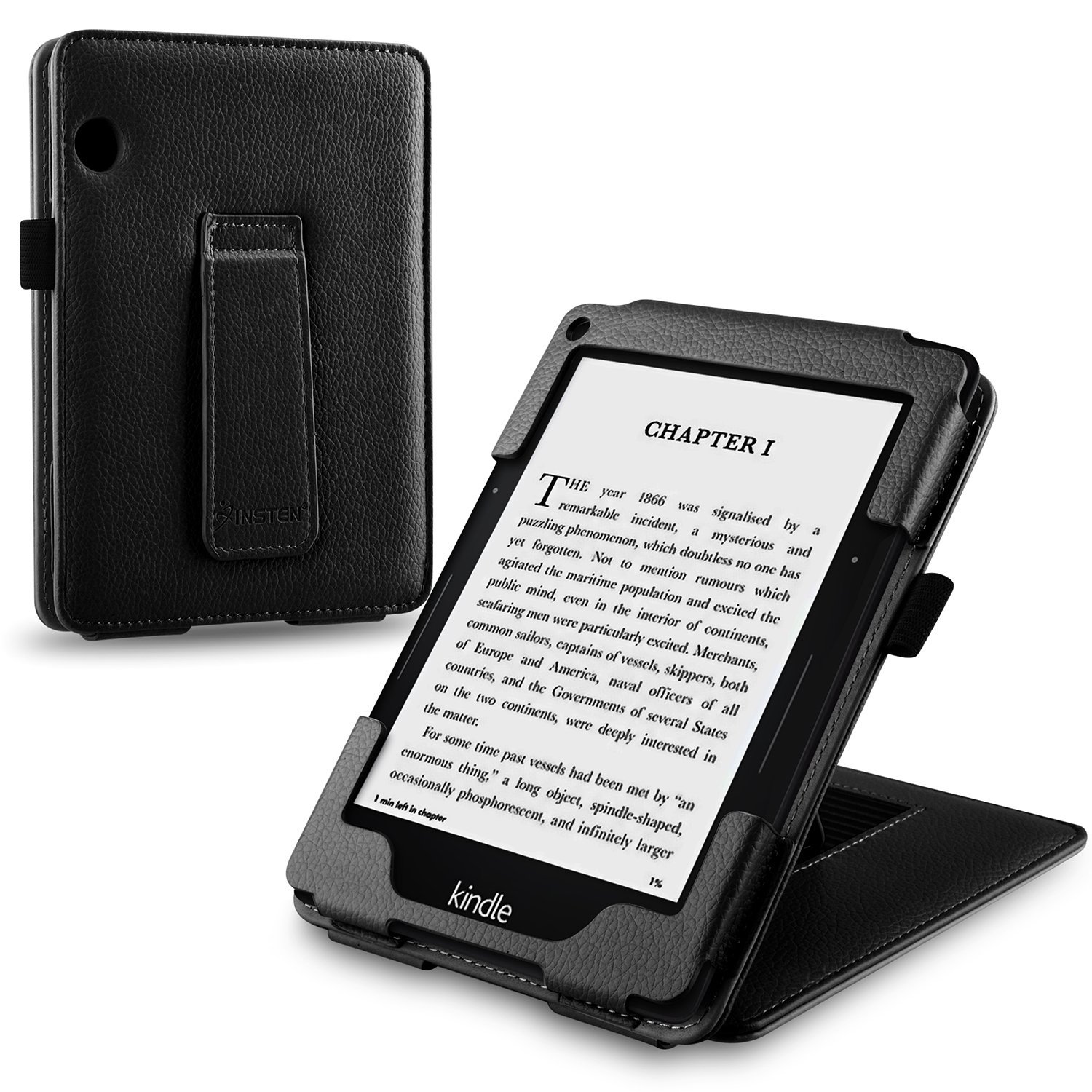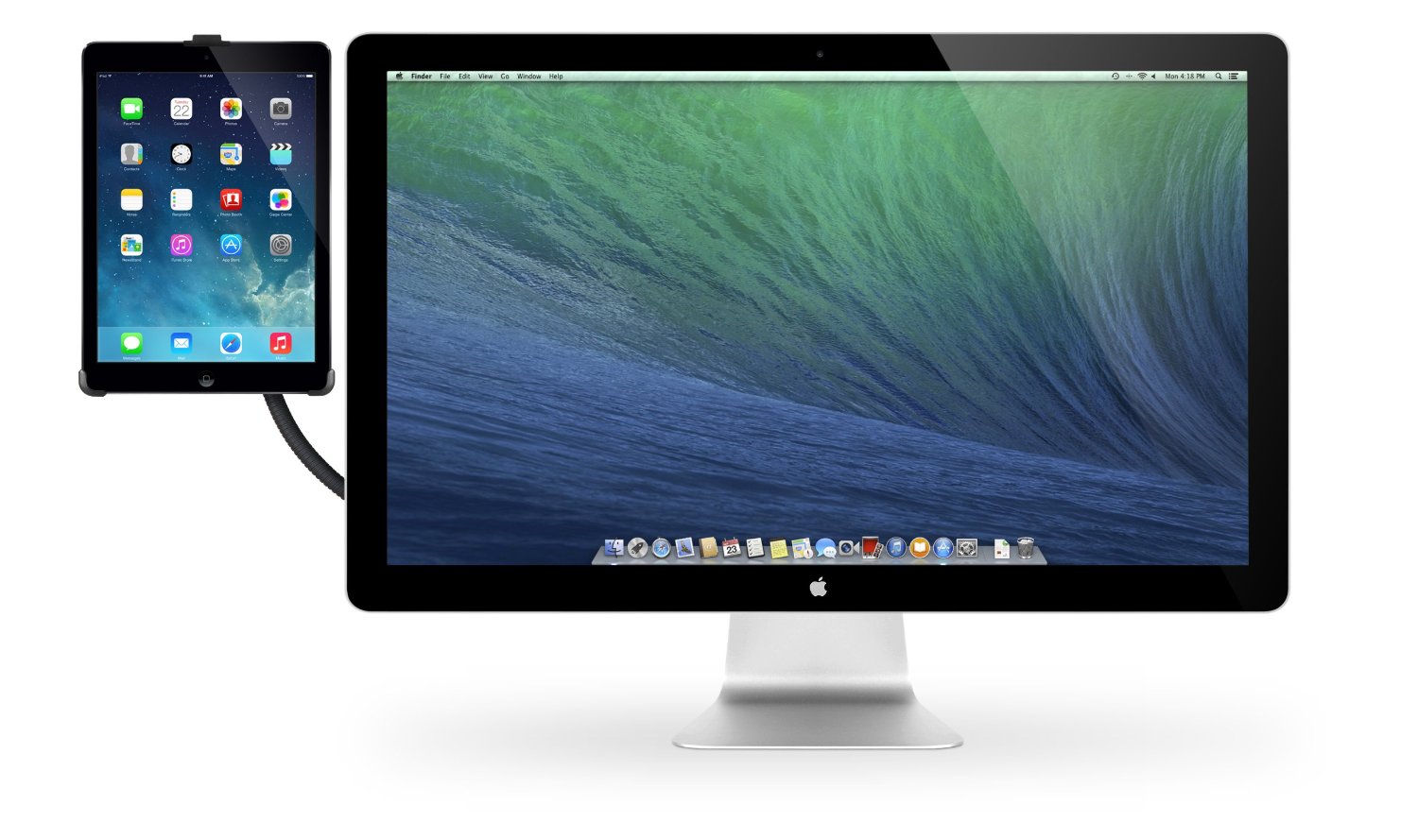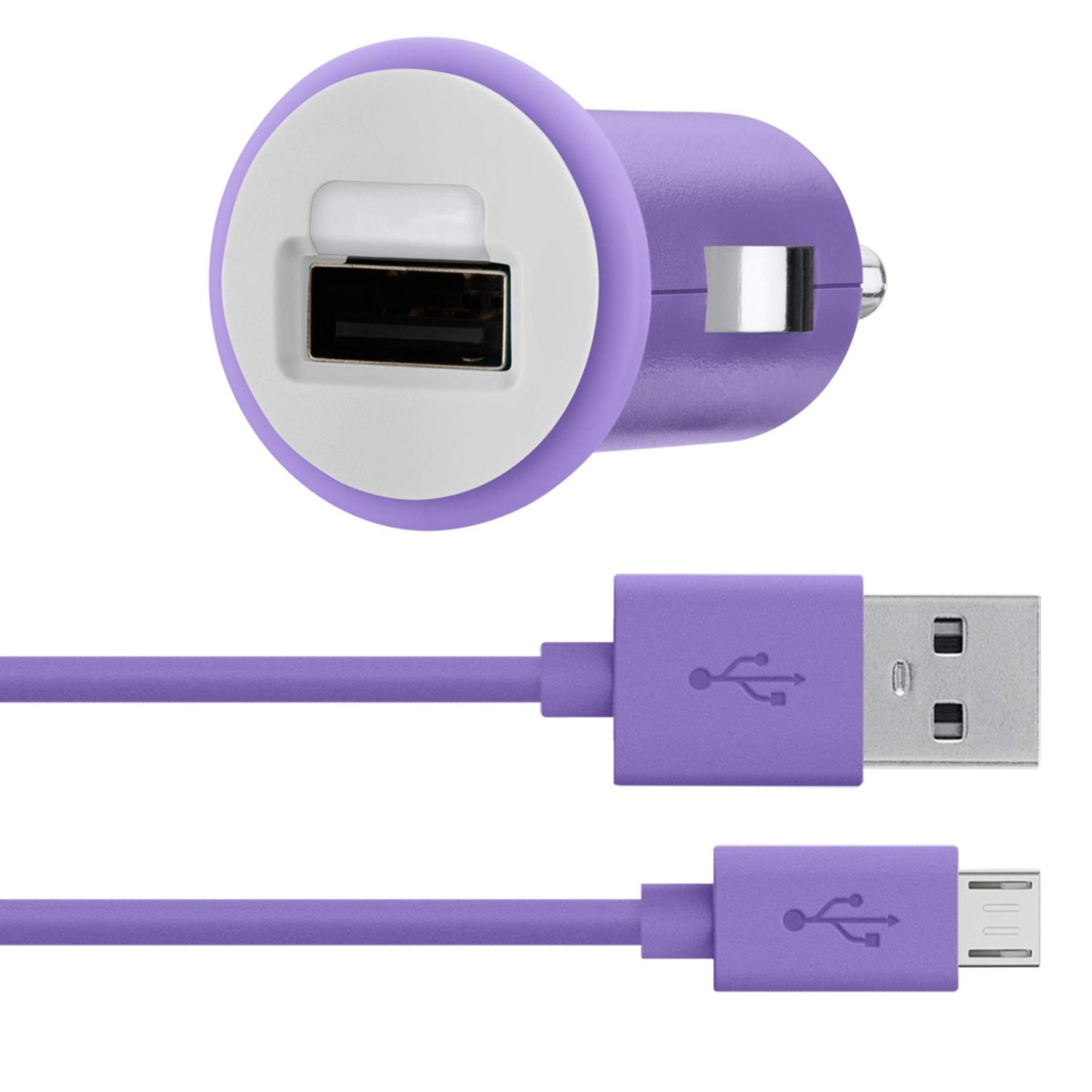Amazon e-books Priced Too High?
3
Are Amazon or other e-book sellers’ prices too high? That’s the question many experts and e-book fans have been asking in the past few months. When Amazon launched the Kindle product line, it started pushing the fact that “most” e-books were priced at $9.99 as a way to grab more market-share. After all, if you get a bargain price on all your purchases, your device will pay itself off in a short period of time. But is charging $9.99 for e-b00ks what you would call a bargain? Let’s not forget that Amazon does indeed a whole lot more than $9.99 for a decent number of books, so chances are that you don’t really save too much money on your favorite books. But regardless of that fact, paying $9.99 for a book that you can’t sell or transfer to someone else is not getting a bargain.
A recent story on Wall Street Journal mentioned a report by Forrester that confirmed what most of us have doubted for months. Serial readers have a lot of options when it comes to picking up a device to read e-books on. You can always pick up a netbook or a smart-phone to read your books on the go. So if you can find a way to pay less for e-books and read them on those devices, you may end up saving a whole lot of money in the long run. Amazon and other e-book reader makers need to lower e-book prices not just for us consumers but to make e-b00k readers more than they could be in the current situation. Here is what the Forrester analyst had to say about the future of e-book readers:
will never be mass-market devices like MP3 players, but they can exceed current forecasts for adoption.
One could argue that she may be right about the future of this business in the short-term. But at the same time, you should never use the word “never” when dealing with technology. With e-book prices too high and e-book readers using primitive hardware systems, the above statement may in fact be true. But even the most pessimistic experts expect Amazon and its rivals to not only improve their hardware but also lower e-book prices. These are issues that Apple had to deal with in its early days with the iPod. The iPod hardware was not perfect in those days, and the music came with DRM that put a limit on what people could do with their songs. Amazon needs to loosen up its restrictions on e-books, work on a way to get developers involved in improving the Kindle platform, and build better Kindles in the future. It may sound like a challenge, but if e-book readers are to become mainstream, something’s got to change. At the end of the day, it all comes down to innovation (product development and business model).
Your turn: are e-books too expensive currently?










